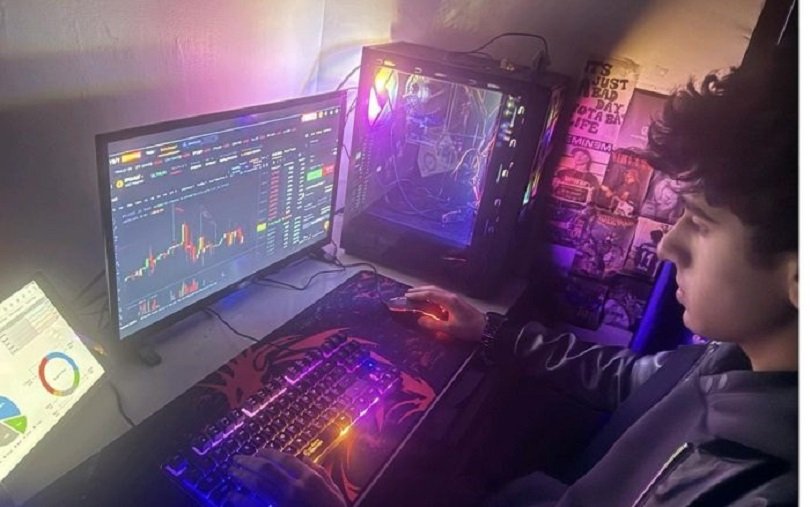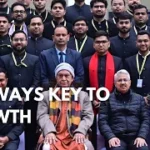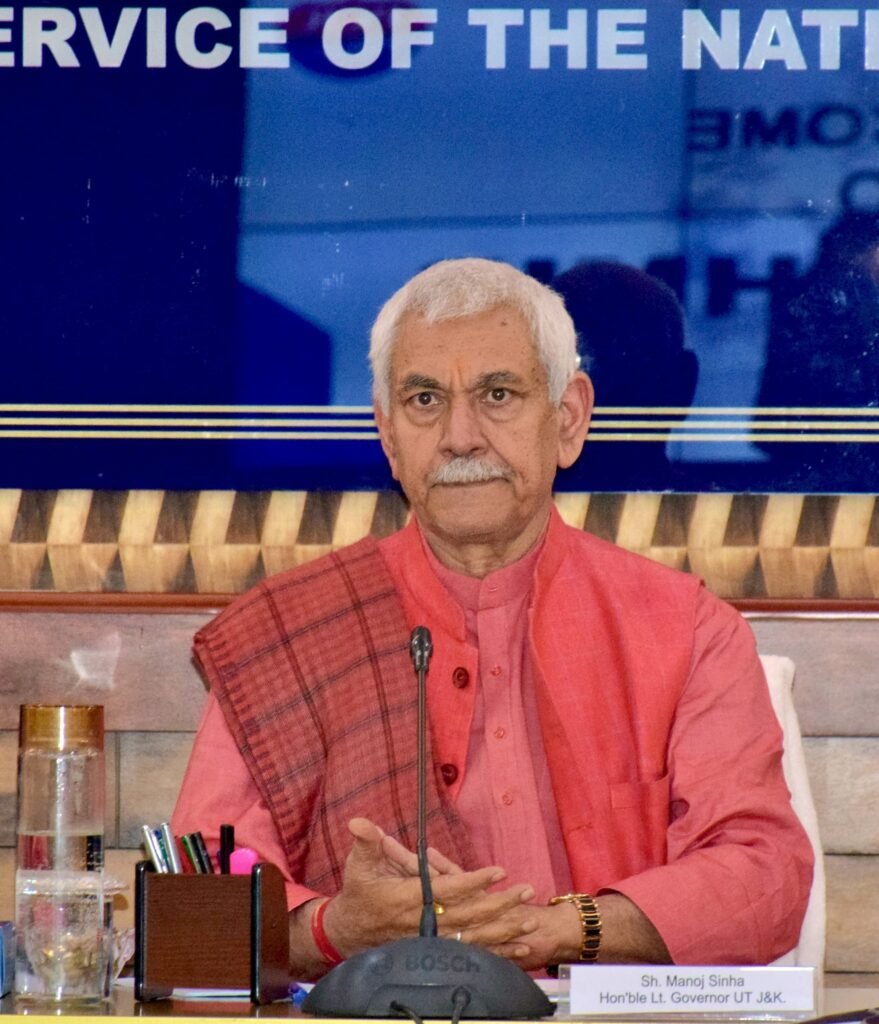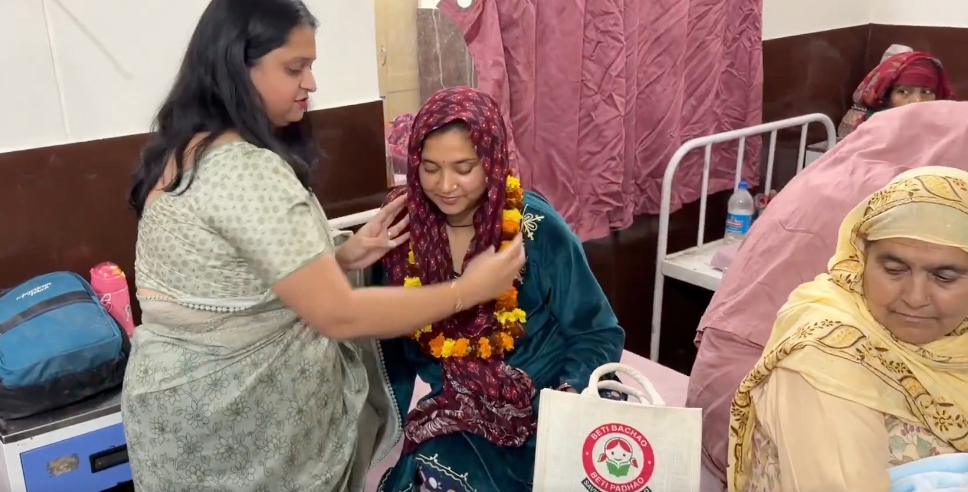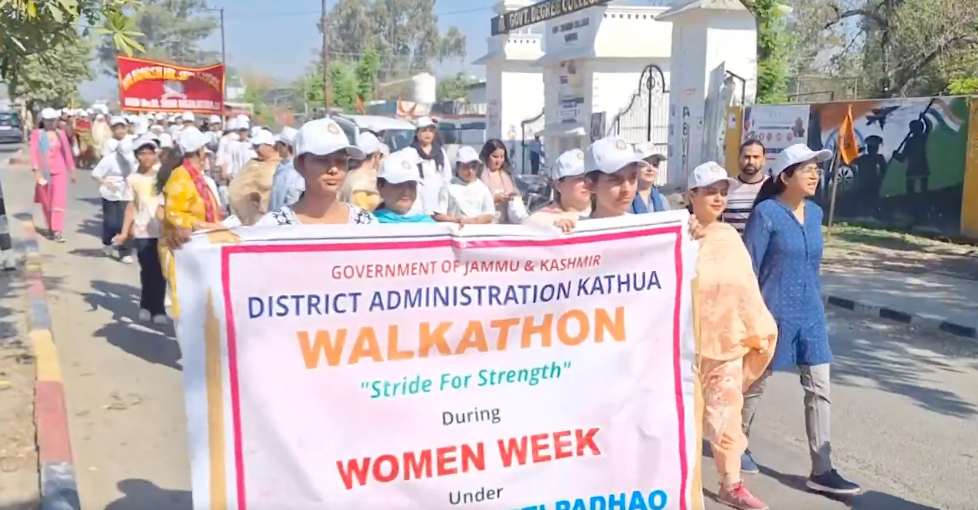Srinagar, May 4, 2025 – In Jammu and Kashmir, where academic success is traditionally measured by exam scores, educator and innovator Syed Mohammad is redefining education through startups, sports, and self-learning.
At 32, Syed Mohammad, a Srinagar-based entrepreneur, has launched multiple initiatives to transform the region’s rigid education system. His flagship project, LearnSphere, is a startup that connects students with online courses in coding, entrepreneurship, and design, emphasizing self-directed learning over rote memorization. “Scores don’t define potential,” Mohammad said. “We’re building a culture where kids learn by doing, not just memorizing.”
Mohammad’s vision extends to sports, an often-neglected area in Kashmir’s schools. Through his Kashmir Sports Lab, he has introduced programs blending physical fitness with leadership training, engaging over 1,500 students across 20 schools since 2023. “Sports teach discipline and teamwork—skills no textbook can fully impart,” he noted. His initiatives have gained traction, with local cricket and football tournaments now drawing corporate sponsorships.
Self-learning is another pillar of Mohammad’s philosophy. His SkillHub platform offers workshops where students tackle real-world problems, such as designing low-cost water purifiers or launching micro-businesses. These hands-on experiences aim to foster critical thinking and adaptability, qualities Mohammad believes are essential in a region facing economic and political challenges.
The impact is evident. Students like Amina Rather, 17, who joined LearnSphere last year, credit Mohammad’s programs with newfound confidence. “I used to chase marks. Now I’m building apps and dreaming bigger,” she said. However, challenges remain. Limited internet access in rural Kashmir and resistance from traditional educators hinder scalability. Mohammad is addressing this by partnering with NGOs to expand offline resources and training teachers in experiential learning methods.
His work comes at a critical time. Jammu and Kashmir’s education system, strained by years of conflict and recent budget cuts, reports a 30% dropout rate at the secondary level. Mohammad’s model offers a potential blueprint, though critics argue it may not suit all students, particularly those reliant on conventional pathways to government jobs.
Supported by a small but growing network of local innovators, Mohammad’s efforts signal a shift toward a more dynamic education landscape. “We’re not replacing exams,” he clarified. “We’re showing there’s more to success than a marksheet.”

